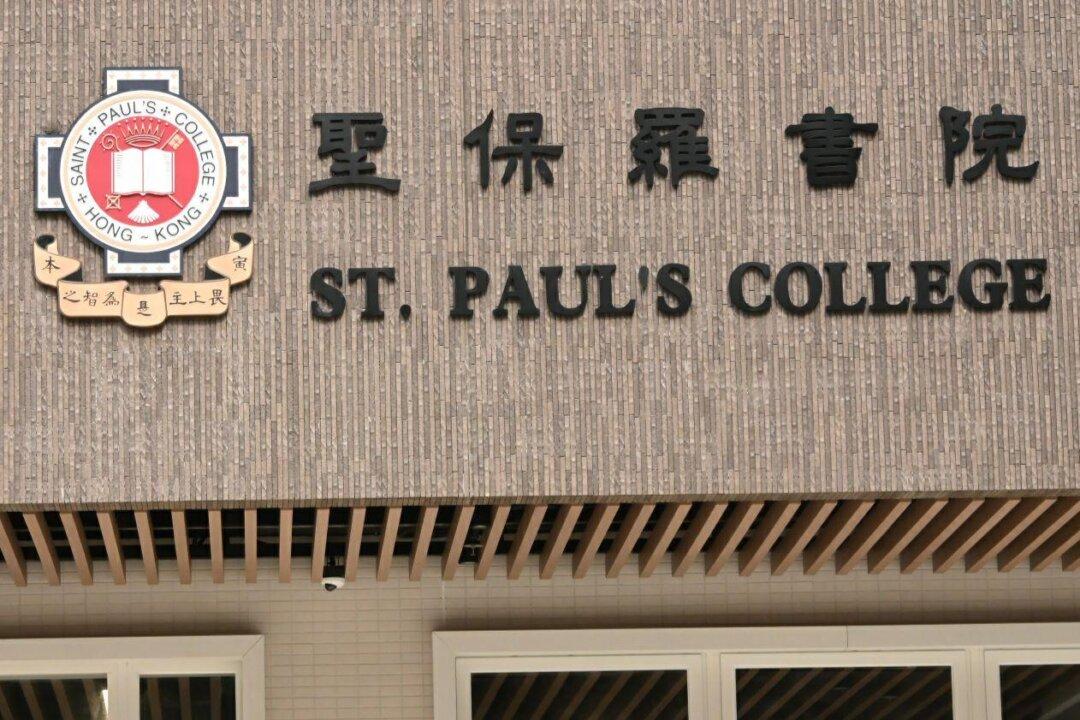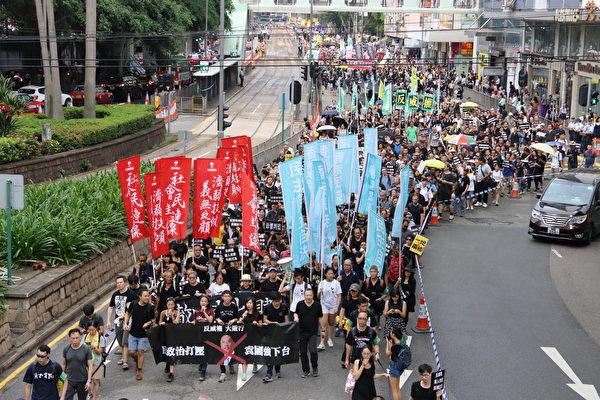In 2014, hundreds of thousands of Hong Kong residents protested Beijing’s denial of genuine democratic reform for the semiautonomous territory. But the Chinese communist regime yielded no quarter to the mostly youthful Hongkongers who occupied major roads in the city for nearly three months.
The spirit of Hong Kong’s pro-democracy movement, however, appears to have endured.
Youthful protesters became politicians, campaigning on local issues and Hong Kong’s political future. Millions of Hongkongers, dissatisfied with Beijing’s continued encroachment on Hong Kong’s freedoms, went to the polling booths and elected several new pro-democracy candidates for the city’s legislature.
Analysts say that the turnout and results of Hong Kong’s Legislative Council elections reflects a changing of the guard in the pro-democracy camp. Hongkongers, analysts add, appear to reject outright calls for independence by radical politicians and firmly reject the Chinese Communist Party’s influence.
How Hong Kong Voted
About 2.2 million Hongkongers, or 58 percent of registered voters, cast their ballots on Sept. 4. This is the highest voter turnout since the British returned Hong Kong, then a colony, to mainland China in 1997.
Some Hongkongers flew in from the United States, Canada, or the U.K. just to vote in the elections.
At stake were 35 geographical seats in the 70-member Legislative Council. Pro-democracy lawmakers have constantly sought at least a third of the seats, the required number to block a legislature stacked with pro-Beijing lawmakers from passing unpopular bills.
When the votes were tallied, the pro-democracy camp learned that they had not only retained their numbers, but had expanded their presence in the legislature by taking 30 seats, up from 27.
The pro-democracy lawmakers retaining the veto in the legislature is the “very most important thing,” Ching Cheong, a veteran Hong Kong journalist and commentator, said. “Without this veto, the Chinese Communist Party can do whatever it wants.”
Of the 30 pro-democracy legislators, six new faces belong to the so-called “Umbrella Generation”—young Hongkongers who participated in the massive Umbrella Movement pro-democracy protests in 2014.
Changing of the Guard
At 23, Nathan Law is the youngest of the newly elected legislators. He is also the youngest lawmaker in the history of the Legislative Council.





